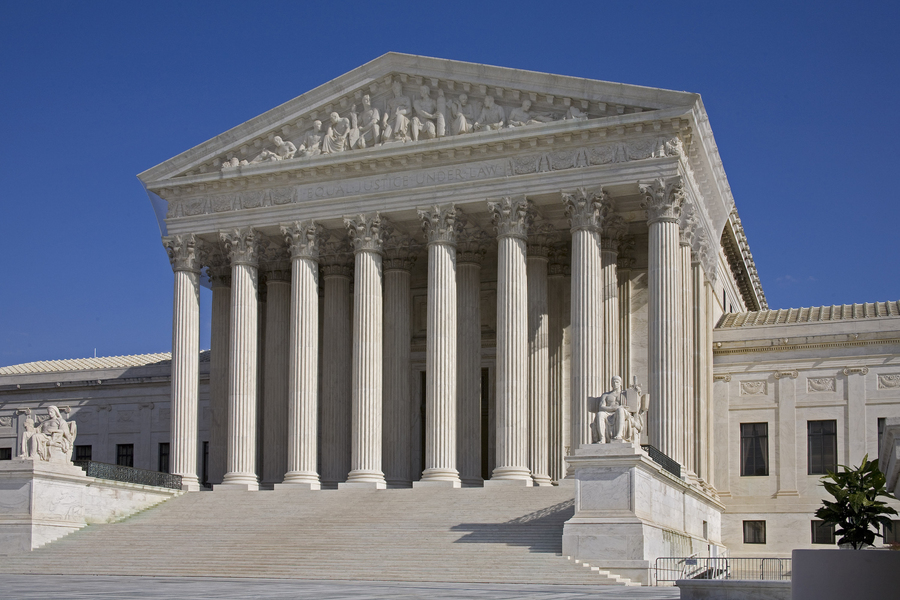Top legal officials from more than half of the country’s states — including Pennsylvania — have joined in the chorus calling on the U.S. Supreme Court to make a pronouncement on whether same-sex couples have the fundamental right to marry.
Attorneys and solicitors general from 15 states with marriage equality, including Pennsylvania Attorney General Kathleen Kane, signed a brief Sept. 4 asking the nation’s top court to uphold the ruling invalidating Utah’s ban on same-sex marriage and extend it nationwide. The same day, 17 states without marriage equality urged the court to take two Oklahoma cases, yet did not advocate for a specific finding.
Kane’s office did not respond to a request for comment as of presstime.
The pro-marriage equality brief was authored by Massachusetts Attorney General Martha Coakley, who was joined by officials from California, Connecticut, Delaware, Hawaii, Illinois, Iowa, Maine, Maryland, New Mexico, New York, Oregon, Vermont and Washington.
Pennsylvania, Iowa and New Mexico are the only states among the brief signatories whose governors oppose same-sex marriage, yet whose attorneys general support it. Pennsylvania Gov. Tom Corbett did not respond to a request for comment.
The brief details the “substantial deprivation” that results from excluding same-sex couples from the institution of marriage, noting that, as marriage lies at the forefront of a vast array of state and federal laws, barring some couples from access to marriage creates “second-class families.” The filing went on to describe the legal uncertainties that have abounded from states’ refusing to honor the legal marriages of same-sex couples, urging the court to make a swift ruling to curtail states continuing to “experiment.”
Coakley wrote that the signatory states have a “shared belief that marriage equality advances many important governmental interests, as well as [a] shared interest in guarding against the evils of discrimination,” noting that almost all of the states ban LGBT discrimination. Pennsylvania is the only state among the filers that does not have a law preventing discrimination based on sexual orientation and gender identity; New York does not protect from discrimination based on gender identity.
Marriage equality is legal in 19 states and Washington, D.C., with Pennsylvania, which legalized the practice May 20, being the most recent.
Kane announced last year she would not defend the state ban, which left its backing to Corbett, who elected not to appeal Judge John Jones 3d’s ruling overturning the ban. While Corbett is opposed to marriage equality, he said the “high legal threshold” Jones set forth made the case “extremely unlikely to succeed on appeal.”

